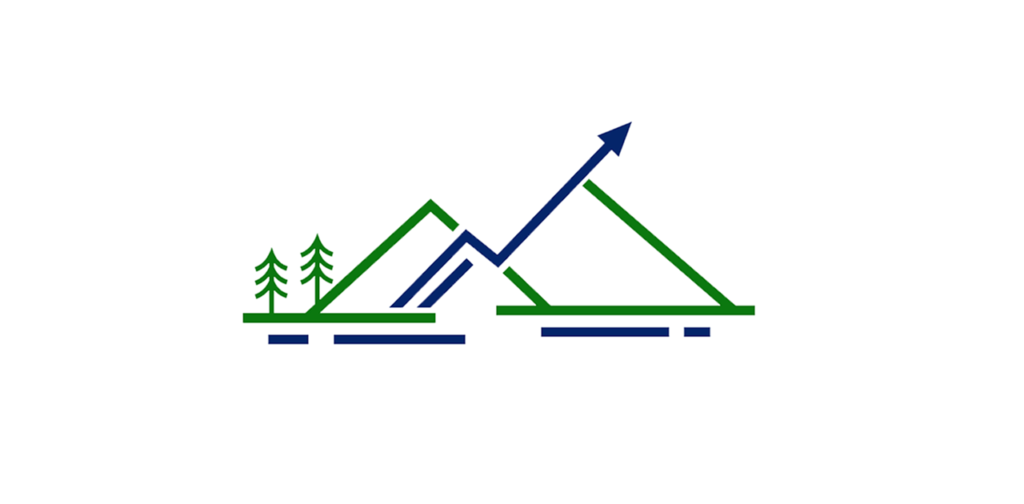The stock market rallied Friday after a stronger-than-expected jobs report eased concerns that President Donald Trump’s sweeping tariffs could tank the U.S. economy, with the S&P 500 and Dow Jones Industrial Average extending their winning streaks to nine days.
The S&P 500 closed at 5,686.67 — up about 1.5 percent for the day — and has now recovered all the ground it had lost since April 2, when Trump announced plans for sweeping tariffs. The Dow jumped more than 500 points to close 1.4 percent higher. The tech-heavy Nasdaq composite index gained 1.5 percent.
Friday’s strong jobs report boosted Wall Street’s confidence in the U.S. economy and eased recession fears, which have surged as Trump has adjusted his tariff policies. U.S. employers added 177,000 jobs in April and the unemployment rate held steady at 4.2 percent.
The jobs report was “reassuringly normal” and mitigates fears of an immediate employment downturn from tariff uncertainty, Comerica chief economist Bill Adams said. Still, more current surveys reflect widespread concern about how Trump’s tariffs will affect business hiring and spending, he said.
The S&P 500 has closed higher for nine consecutive days. The index remains well below its record close of 6,144.15 set in February and is still down about 3.3 percent since the start of the year.
Stocks had suffered repeated sell-offs since the White House introduced its controversial tariff policies this year, which has wiped out last year’s post-election rally. At one point, the Cboe Volatility Index, known as Wall Street’s “fear gauge,” briefly reached its worst level since 2020.
But markets breathed a sigh of relief Friday, said Chris Zaccarelli, chief investment officer for Charlotte-based Northlight Asset Management. If the administration unveils more targeted tariffs when its 90-day pause on duties for most countries ends in July, markets will “take it in stride,” Zaccarelli said, although stocks “aren’t out of the woods yet,” he added.
“If the labor market holds up and the Trump administration walks back the most egregious tariffs, the economy could skirt a deep recession,” added Jeffrey Roach, chief economist for LPL Financial.


